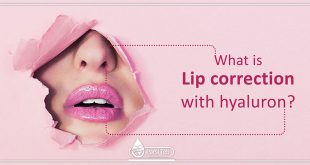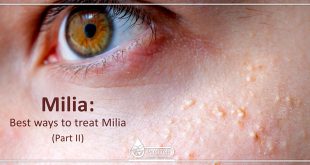Can eczema be prevented?
While there is no cure for eczema, you can take steps to manage your symptoms and lessen the severity of outbreaks. Such measures include
avoidance of over-bathing;
applying moisturizer frequently, especially after bathing;
bathing in warm, not hot, water and using a mild soap;
limiting or avoiding contact with known irritants like soaps, perfumes, detergents, jewelry, environmental irritants, etc.;
wearing loose-fitting clothing (cotton clothing may be less irritating for many people than wool or synthetic fibers);
the use of cool compresses to help control itching;
exercise, meditation, or other stress management techniques can help those for whom stress is a trigger;
wearing protective gloves for activities that require frequent submersion of the hands in water;
avoiding activities that make you hot and sweaty as well as abrupt changes in temperature and humidity;
practicing good skin hygiene even when you are not having symptoms.
Eczema At A Glance
Eczema is a general term for many types of skin inflammation, also known as dermatitis. The term eczema is sometimes used interchangeably with atopic dermatitis, the most common form of eczema.
Eczema is believed to result from a genetic defect that results in an abnormality of the skin’s barrier function.
Eczema is most common in infants and young children. All races can be affected.
Triggers of eczema outbreaks can be environmental irritants or allergens; substances like soaps, perfumes, or chemicals; food allergies; lifestyle stress; or changes in temperature or humidity.
Treatment can include oral or topical corticosteroids, antihistamines, or immune-suppressing drugs known as calcineurin inhibitors.
While eczema is not preventable, self-care measures such as frequent hydration of skin and avoidance of extreme temperatures and known irritants can help manage symptoms and reduce the severity of outbreaks.
 Parsi Teb Physical and Mental Health Journal
Parsi Teb Physical and Mental Health Journal 



